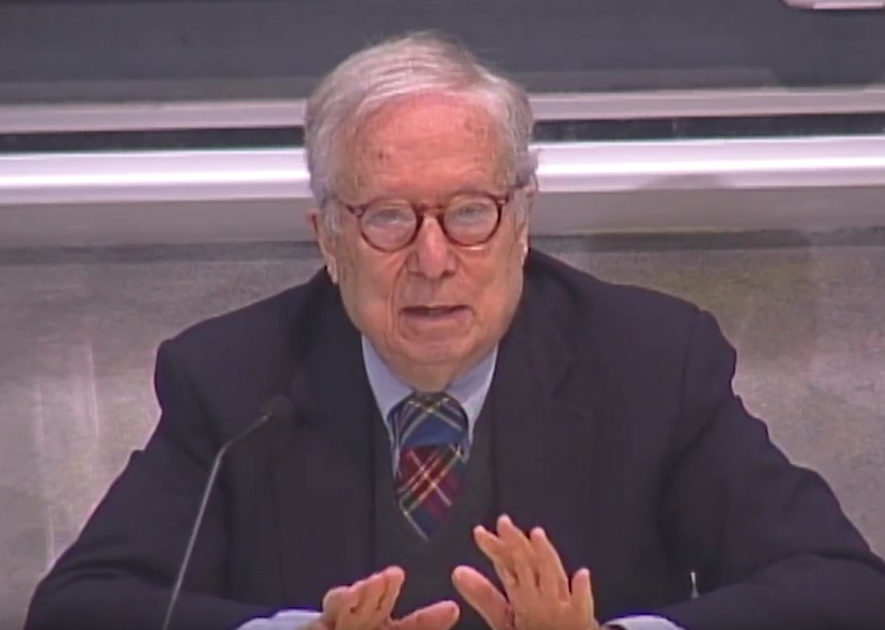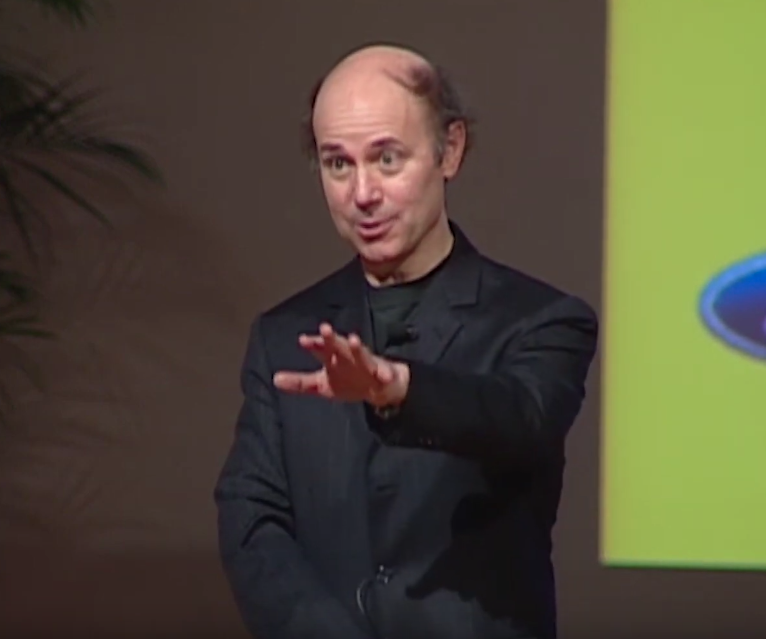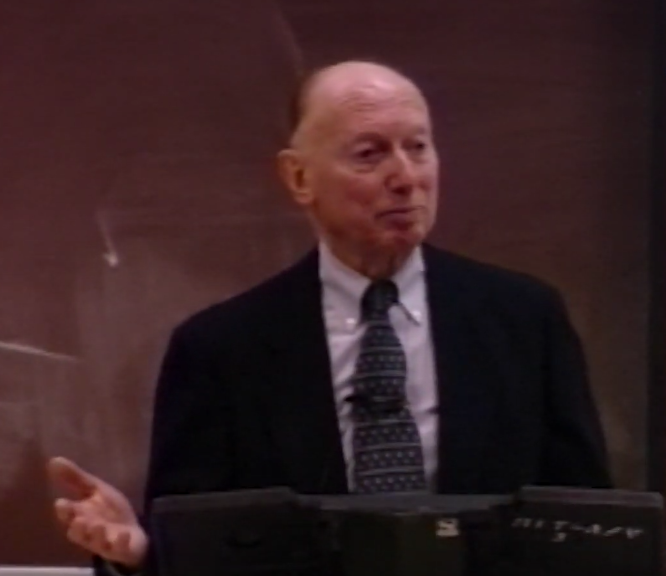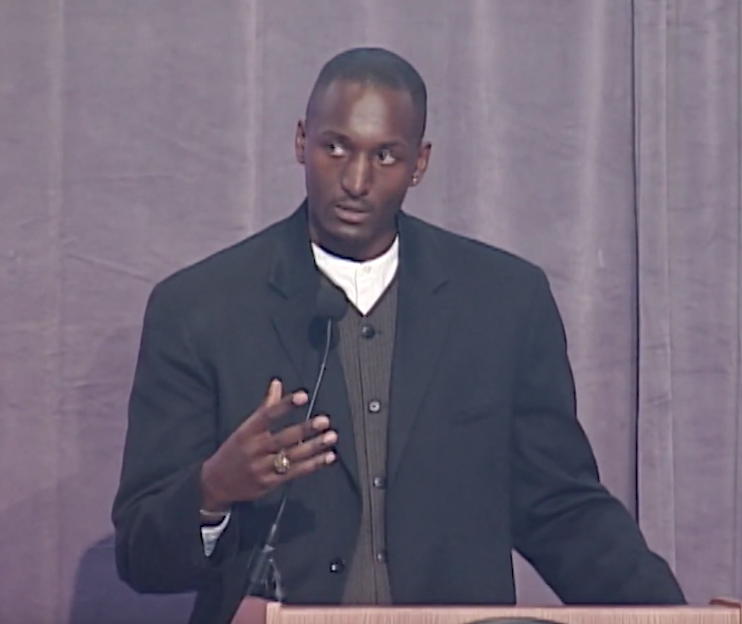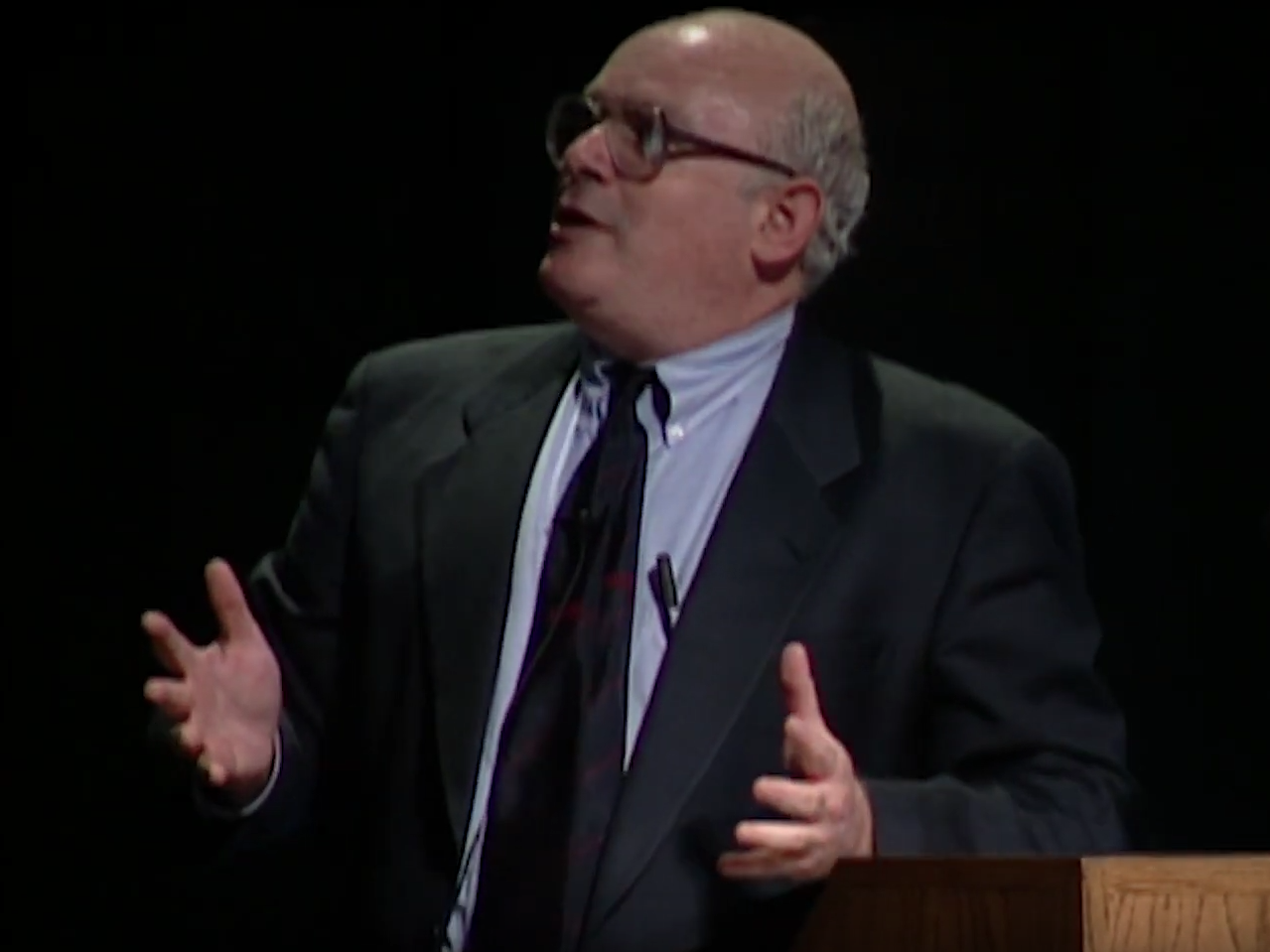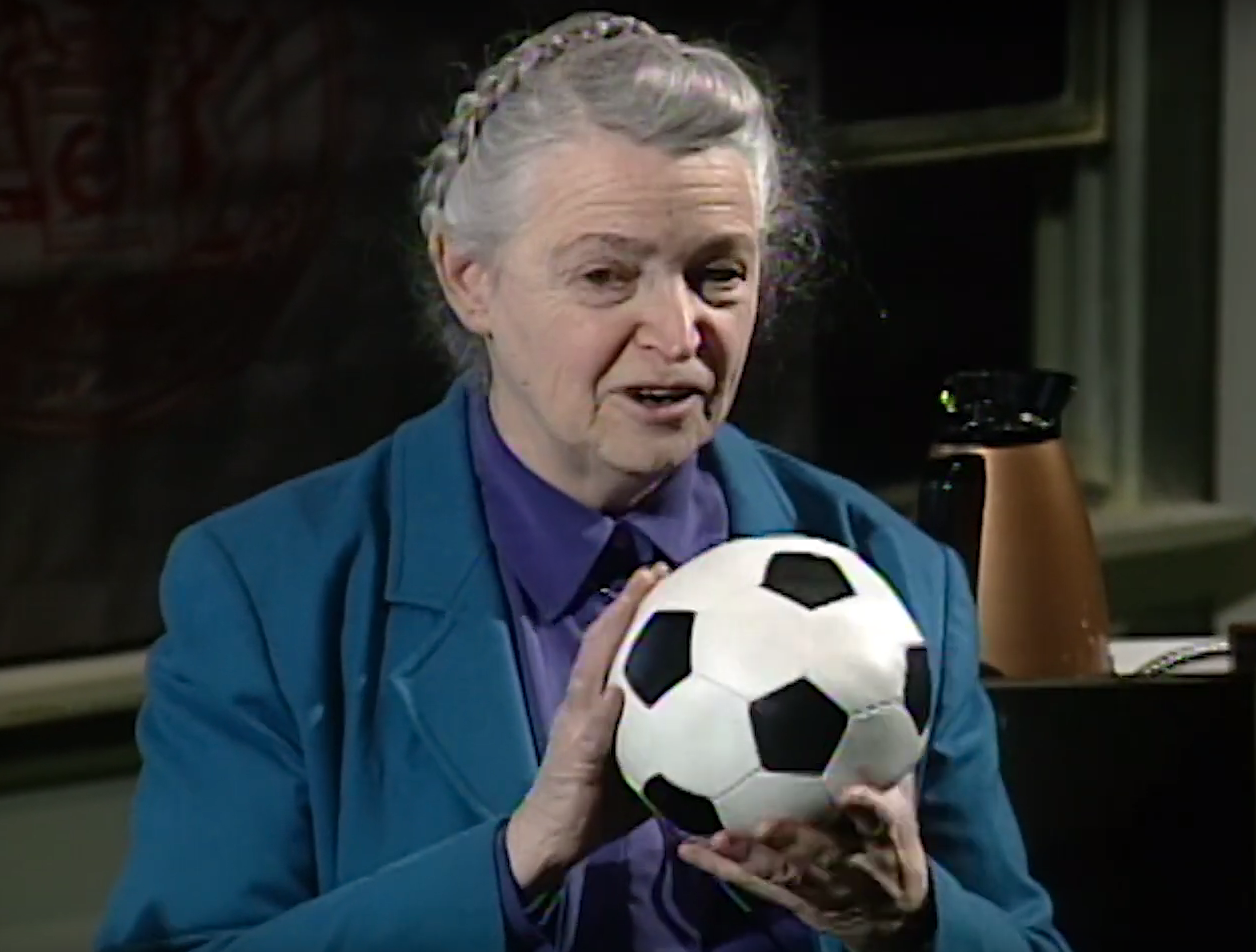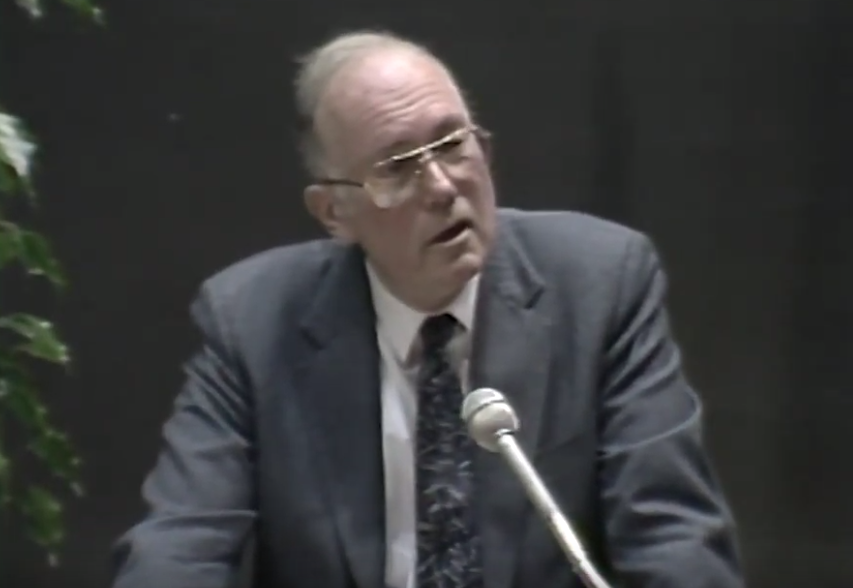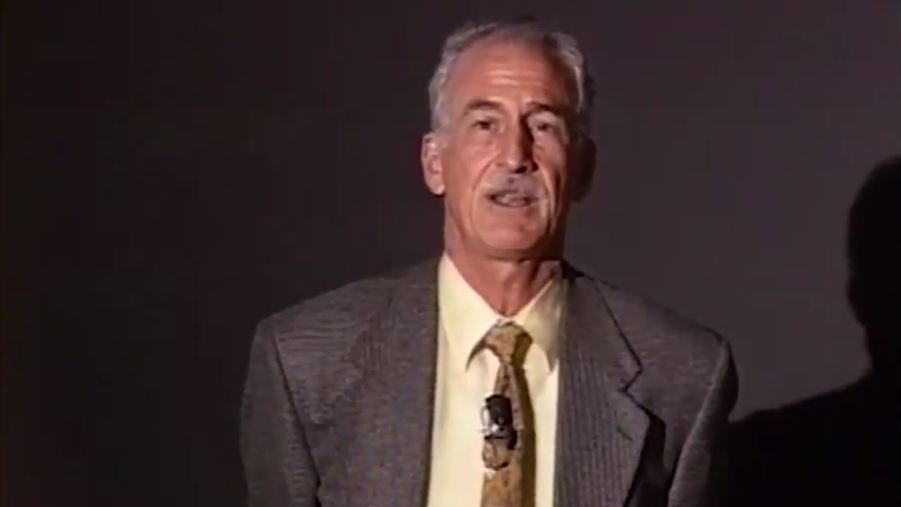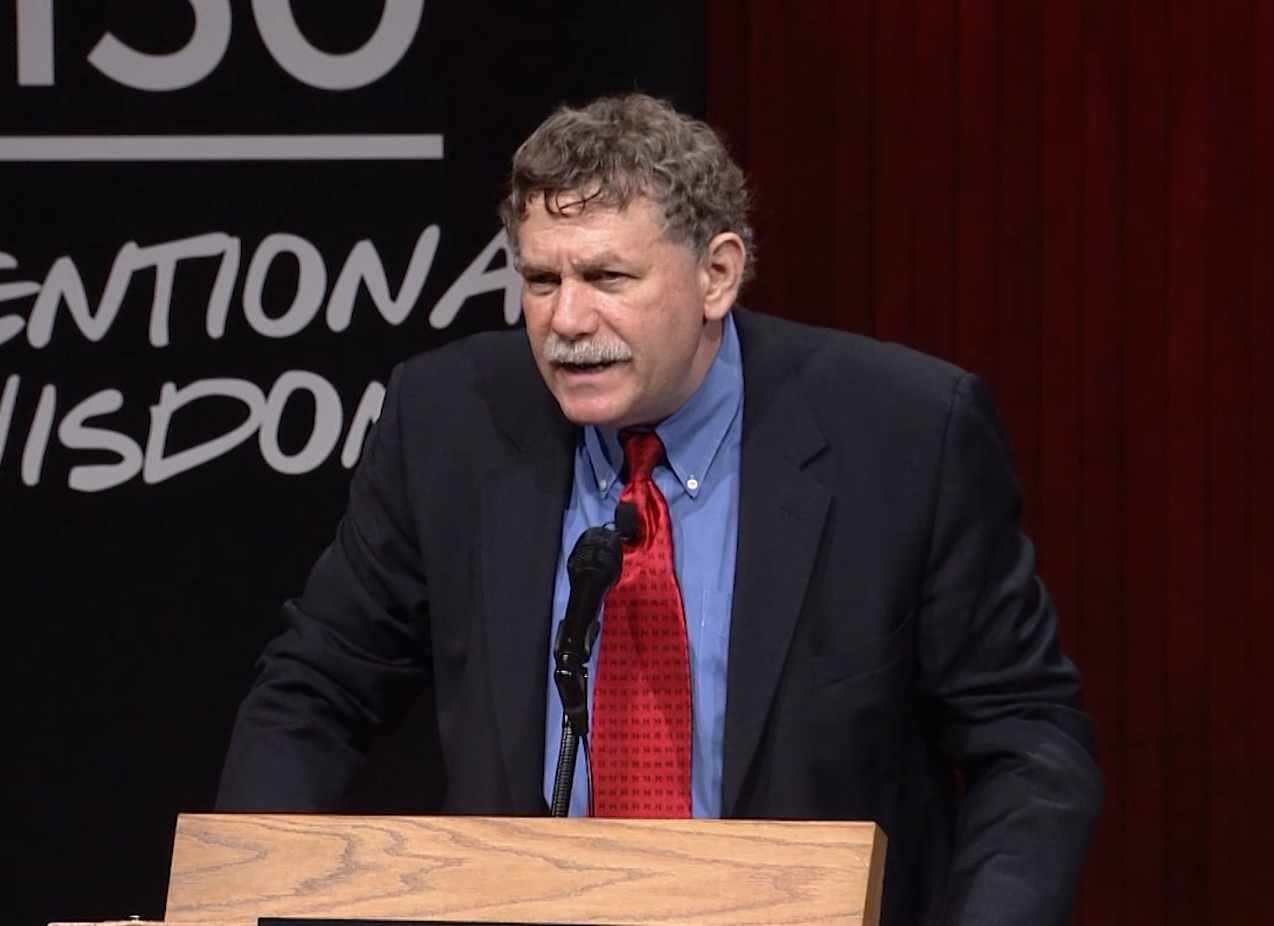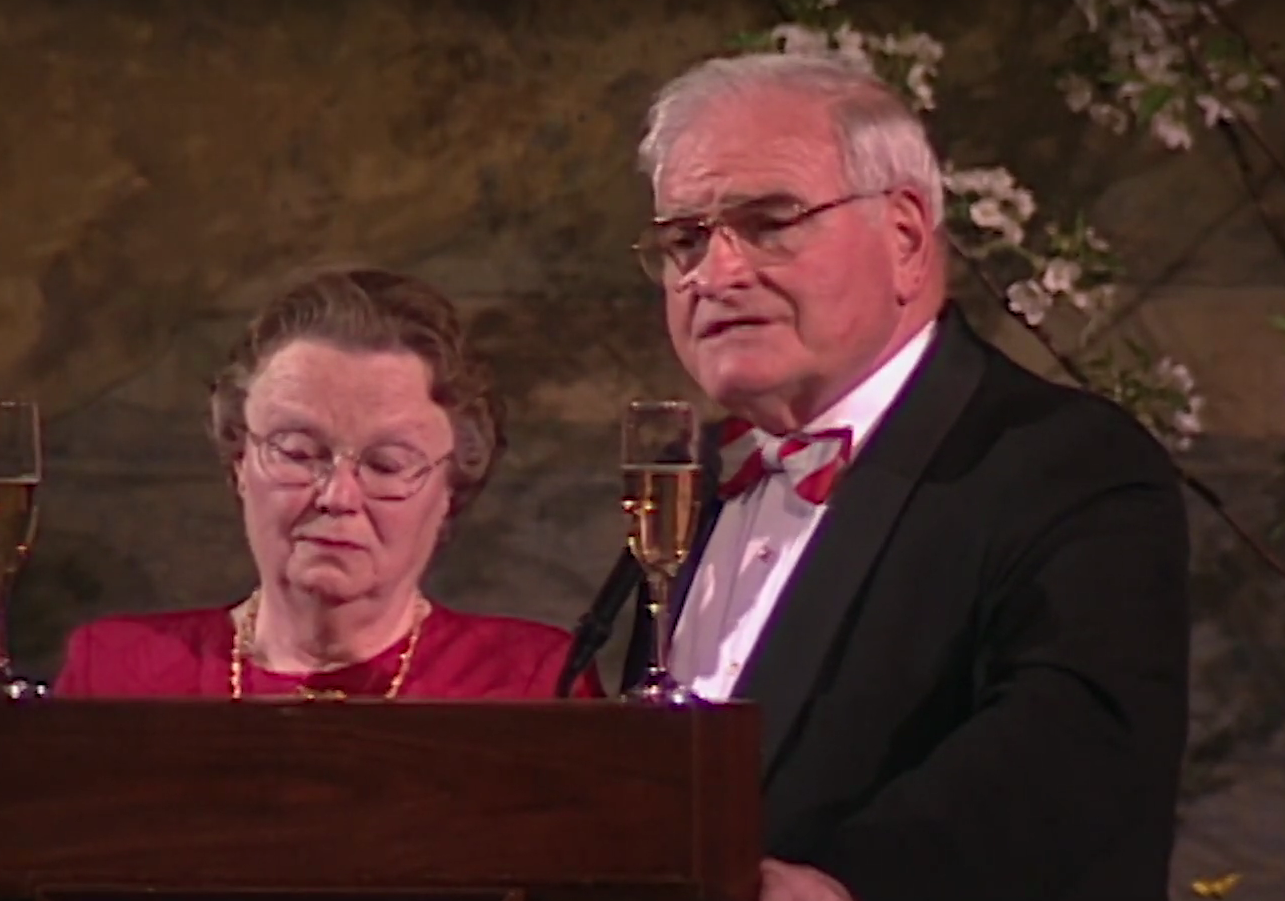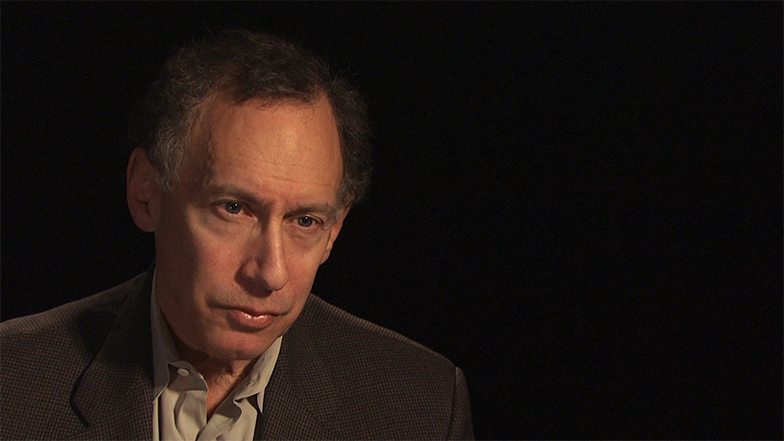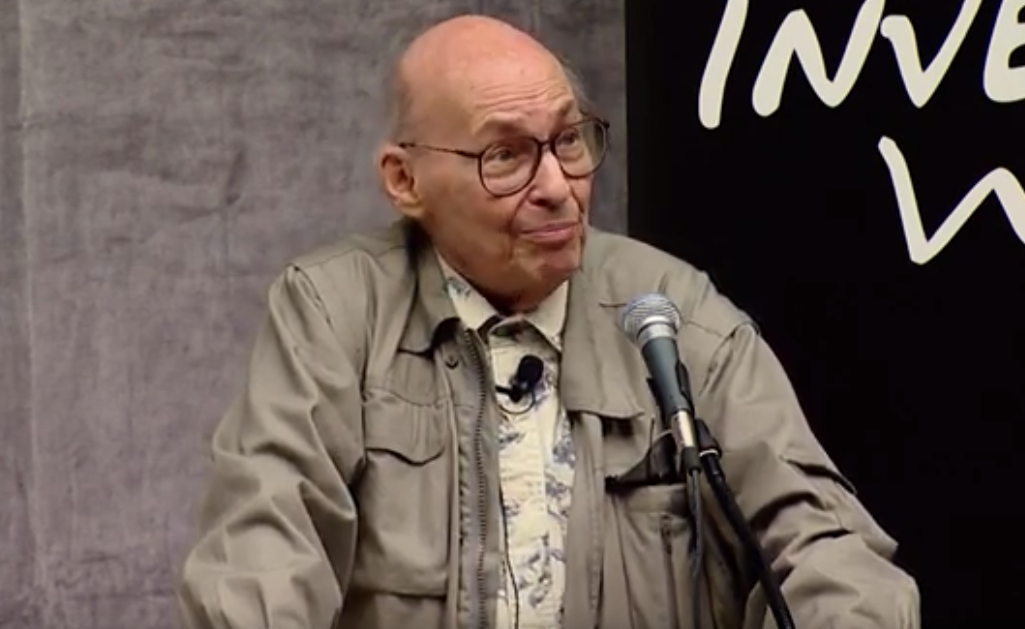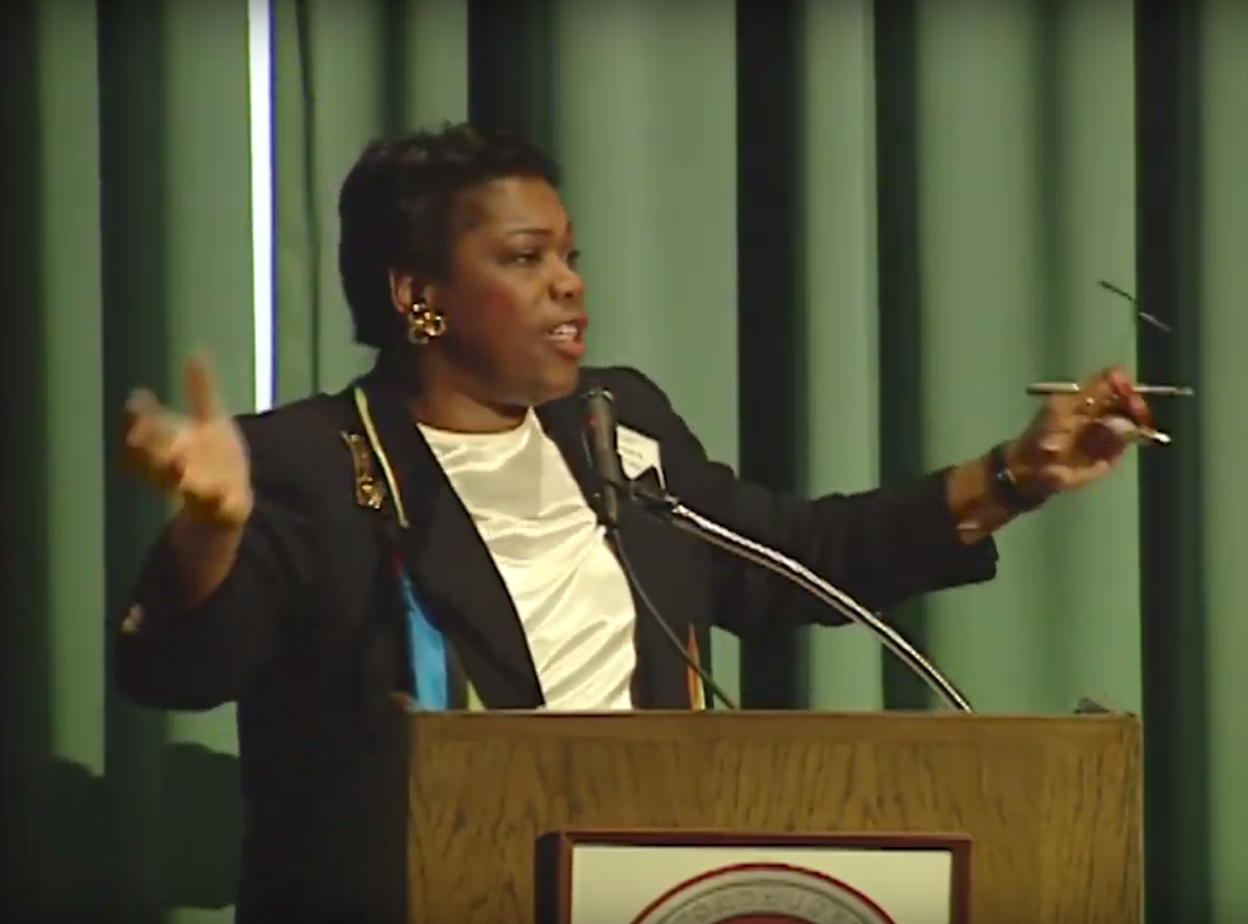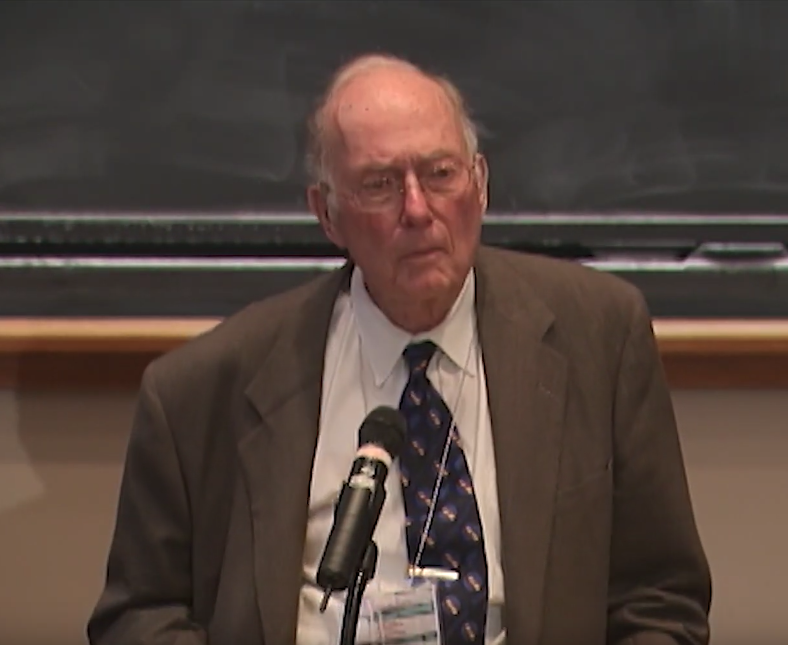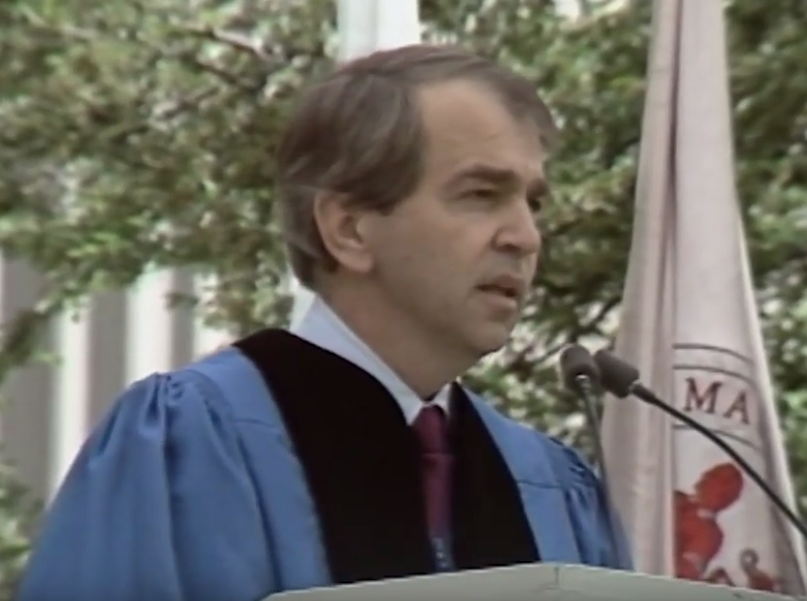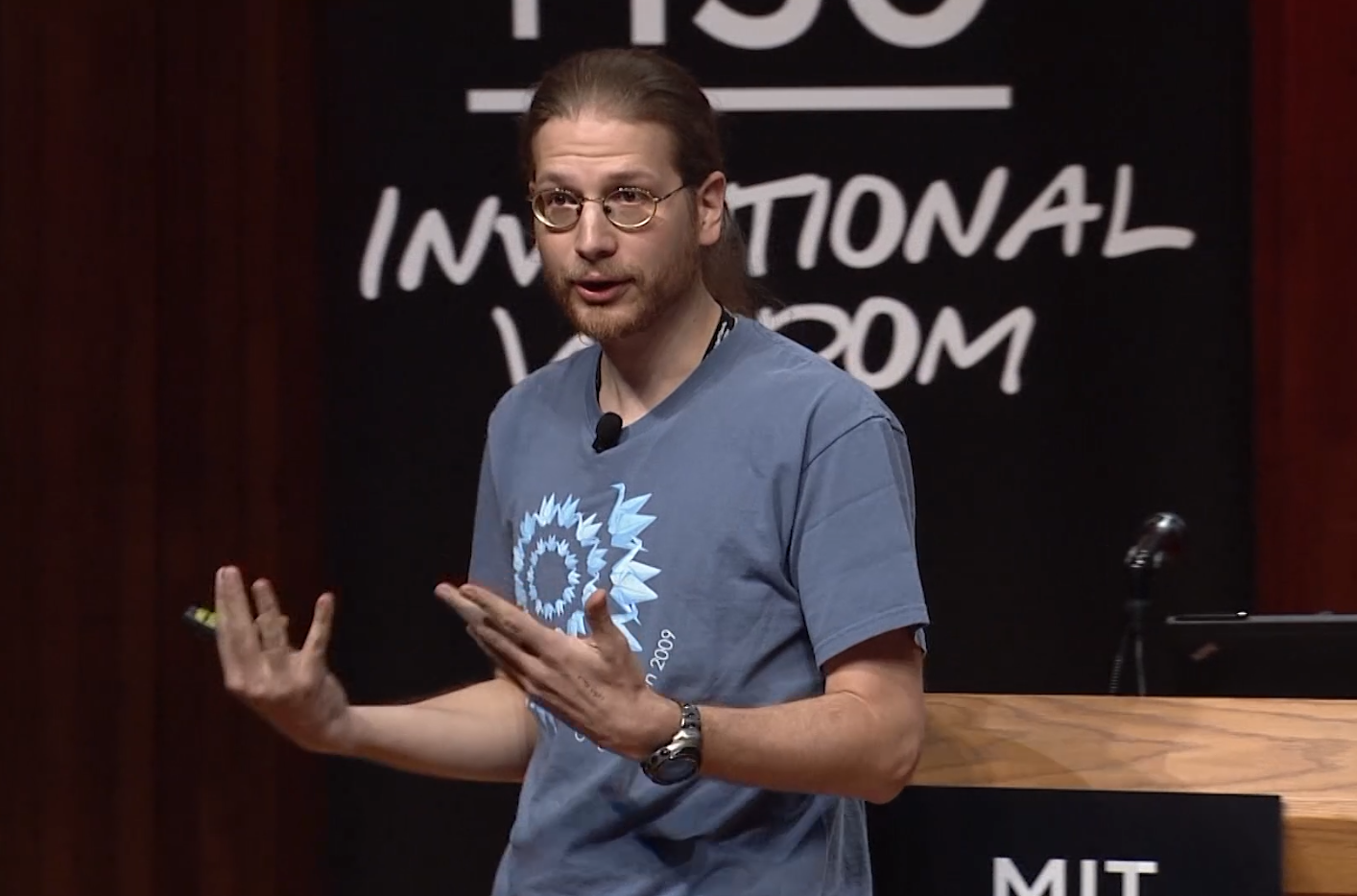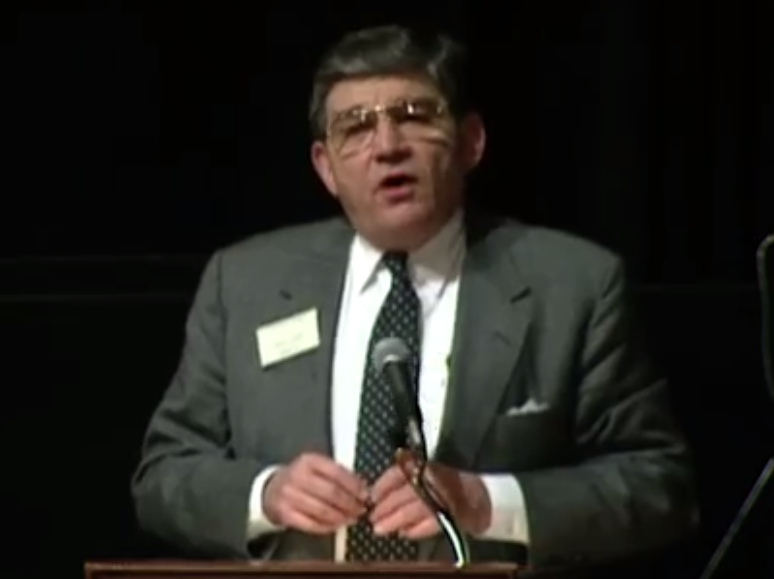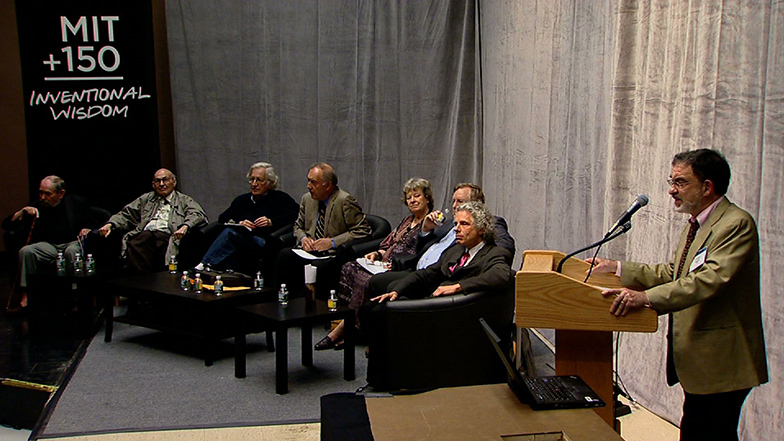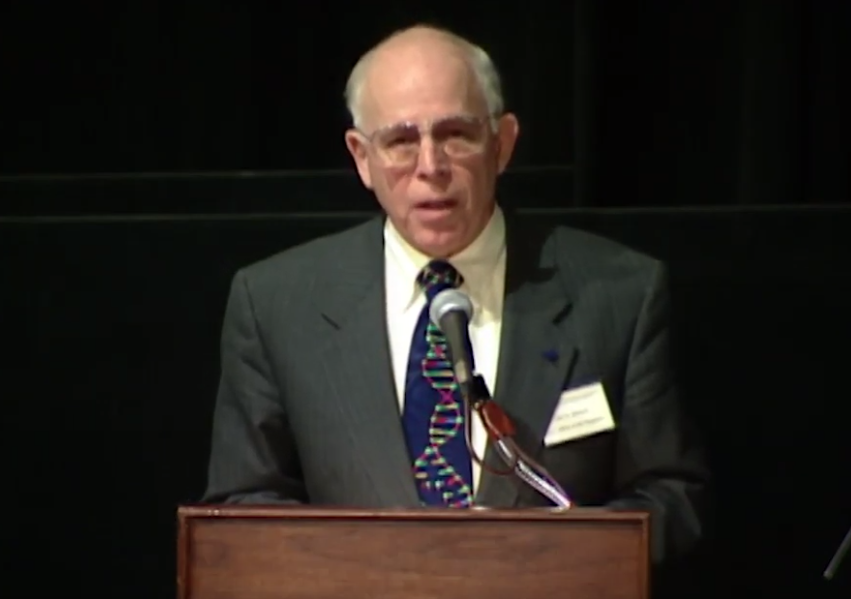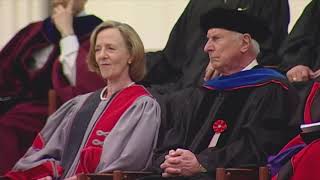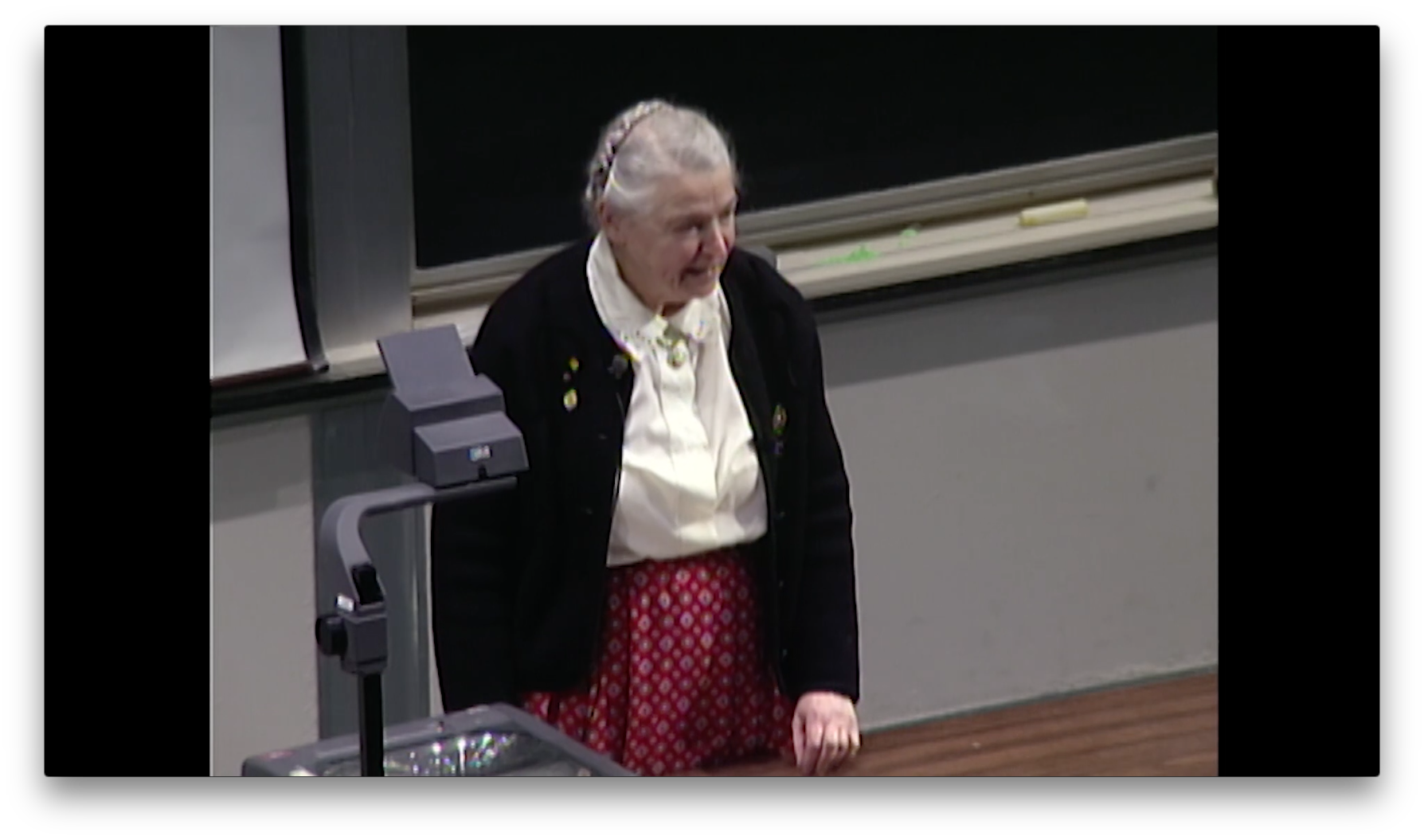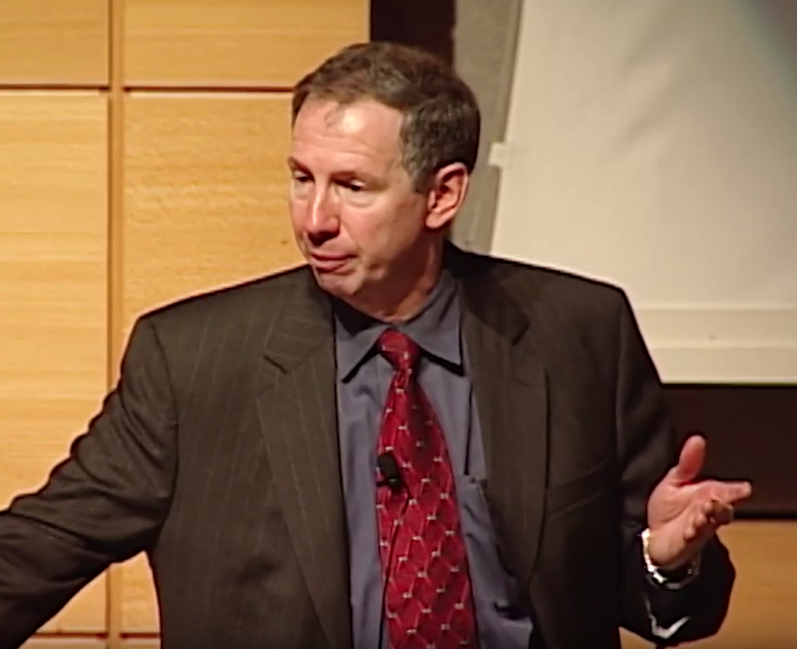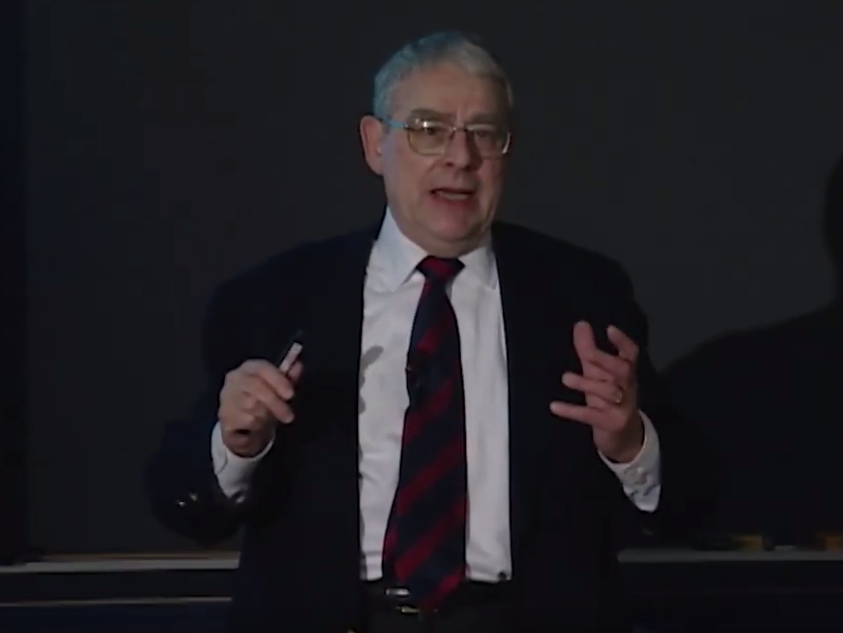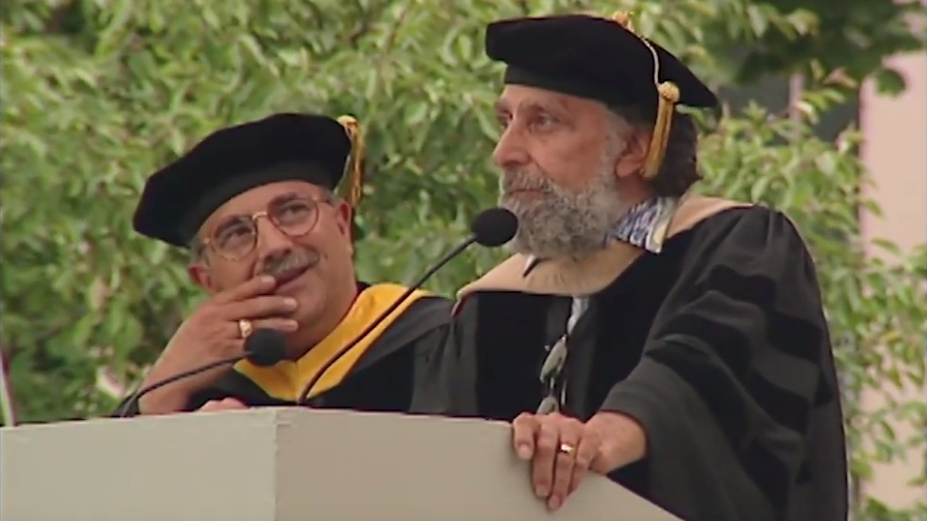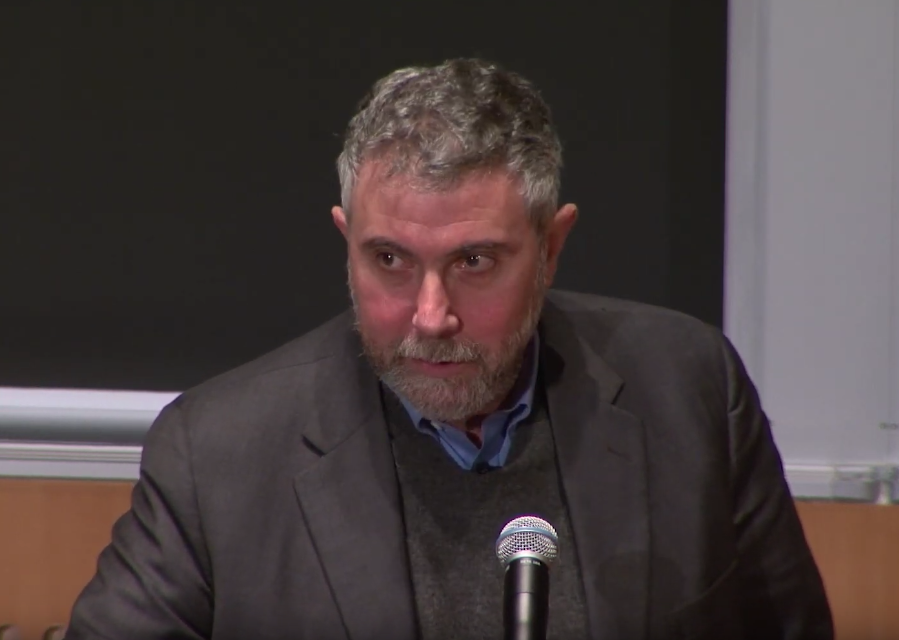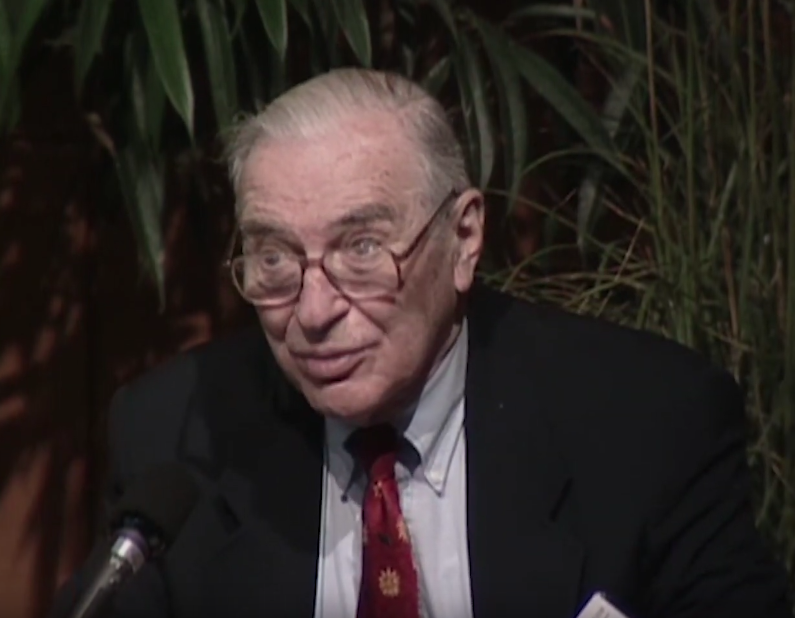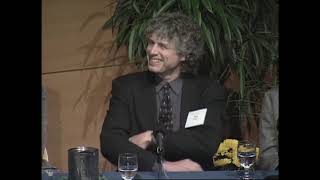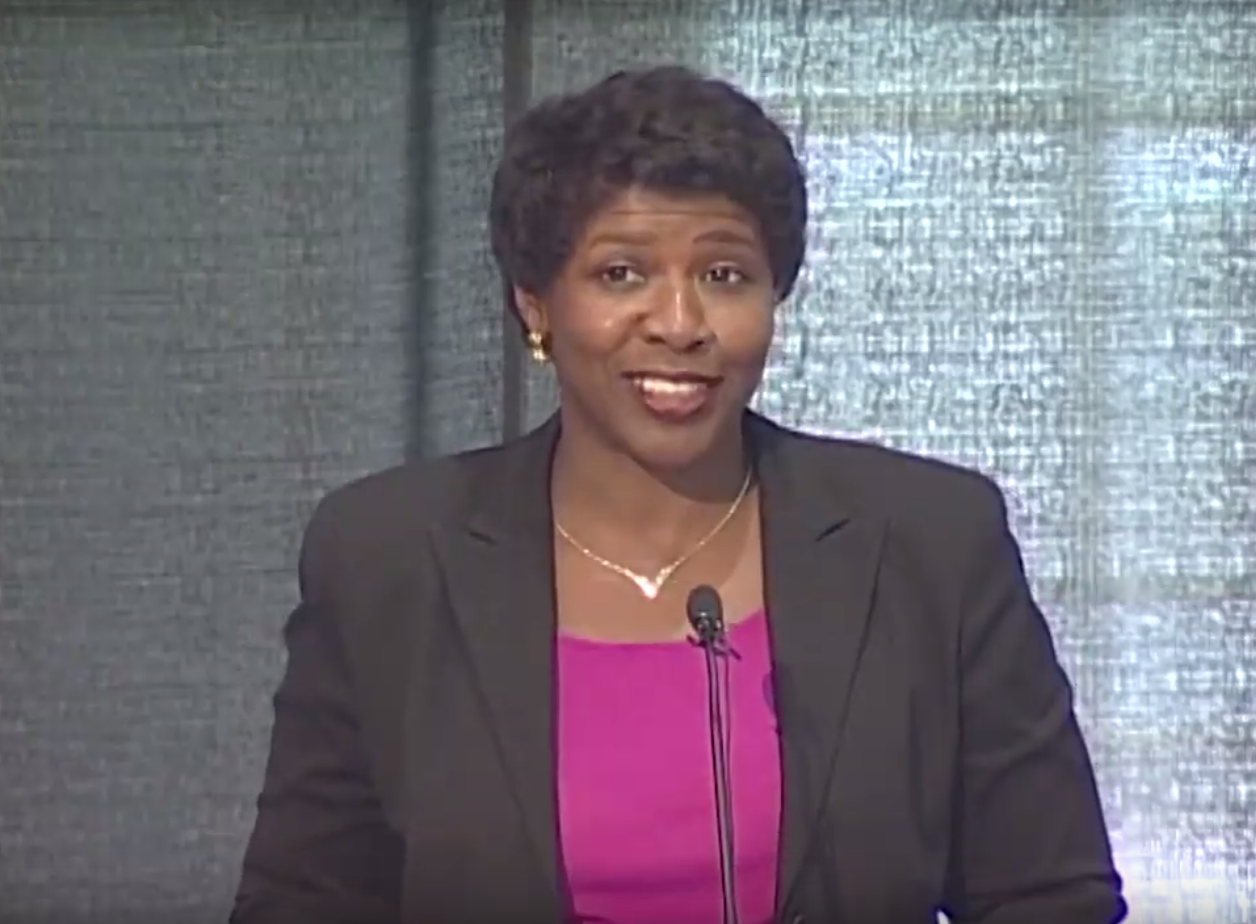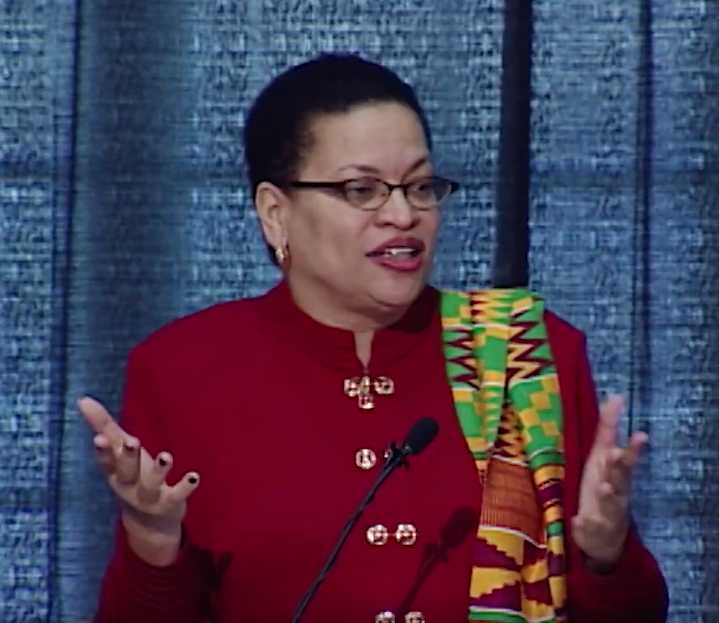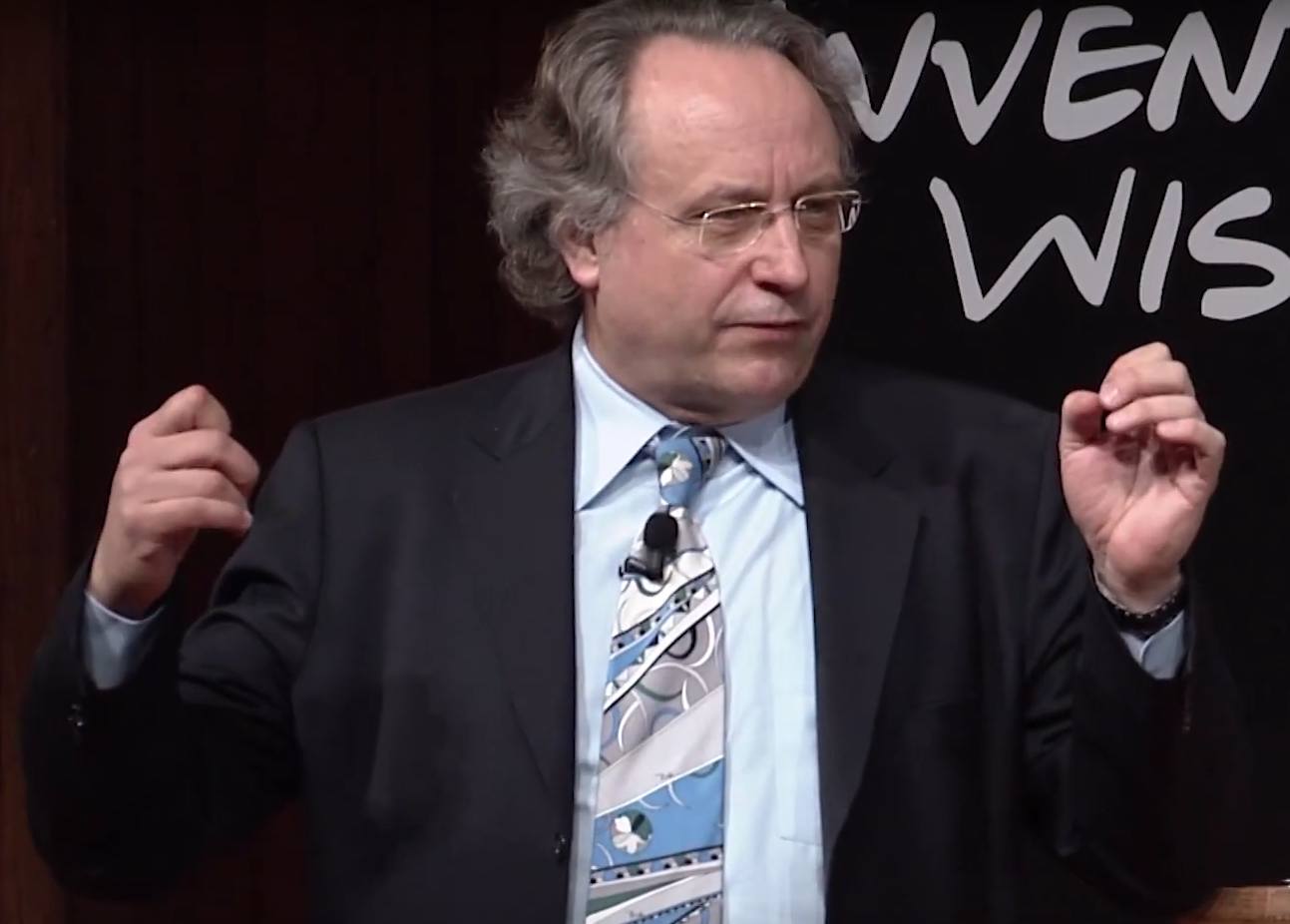Dr. Walter E. Massey (NSF) - 1991 MIT Commencement Address
[MUSIC PLAYING]
GRAY: I'm pleased to welcome to the platform this morning the Honorable Alice K Wolf, mayor of the city of Cambridge.
[APPLAUSE]
It is my privilege now to welcome to this lectern, Dr. Walter E Massey, director of the National Science Foundation. Dr. Massey will give the address.
[APPLAUSE]
MASSEY: Thank you very much. President Vest, Professor Gray, members of the faculty, but above all, the class of 1991 and also to, who I'm sure are the most happy people on this occasion, the parents of the class of 1991. I'm very pleased to be part of this occasion, and I want to congratulate you especially.
It's an honor to be asked to give the commencement address at MIT. I've attended a number of ceremonies, and I've heard over the years some students that, perhaps, the greatest achievement on this day is simply to survive the commencement exercises. As much fun and as much of an honor as it is, it can be quite a challenge to you. I hope to help you survive them by keeping my remarks brief.
[APPLAUSE]
Well, kind of brief. Well, you will survive, because each of you have already proven that you have the intelligence and wherewithal to master one of the most rigorous academic programs in the nation, so you can surely master these commencement exercises. Now I don't know if the following story is true, but a colleague of mine at Harvard told me that grade point averages at MIT are carried out to the third decimal place. When I expressed surprise, he suggested that only MIT and God are able to distinguish excellence with such precision.
When you leave here, you will be joining an elite core of graduates from the nation's premier research universities. For decades, MIT has been a leading site for advances in basic understanding and innovation in science and engineering, advances that are the foundation for continuing prosperity and for an improved quality of life. And as such, MIT is a precious resource and a valued institution to more than its students, more than its graduates, and more than those directly involved in its operation. This university and others of its kind play a critical role in setting and sustaining the high standards of achievement in research and technology.
As graduates of MIT, you'll have assumed a duty to uphold this tradition of excellence in all your pursuits. What does this mean, and how do you go about it? Excellence is a quality that is recognized by comparison. While it is judged generally from without, excellence begins within. Individuals achieve excellence through the choices and decisions they make regarding the conduct of their lives.
This is true in all endeavors, but it is especially true in an area of keen interest to me and to most of you, and that is the area of research and science and engineering. Research can be thought of-- and many do think of it-- as a cut and dried process. And it is true that there are some rules of the game. But to paraphrase my good friend, Nobel laureate, Leon Cooper, he wrote that the object of research is discovering how the world works, separating the truth about the way things are from conceptions of the way they might be.
And to accomplish this task, good researchers have several qualities. Good researchers are skeptical. They evaluate claims empirically and logical, not on the basis of authority. Good researches are open, sharing their hypotheses, methodologies, and results, and making their primary data available to others. And they do this so that results can be reproduced and findings confirmed. In this way, the research community protects these interests and the truth.
Good science, engineering, and scholarship in all fields, in fact, is an uncompromising pursuit of truth. And as such, it represents one of the highest achievements of human intelligence and provides a constant source of enrichment to humankind's existence intellectually, spiritually, and materially.
As chemist, Carl Djerassi, notes in a recent novel called Cantor's Dilemma, he says, "In science, there can be no perfect crime and no permanently unsolved murder," end the quote. Because if a finding is important, sooner or later the experiment will be repeated, the results subjected to experimental verification. The rules of research keep science and engineering and scholarship truthful. Simply put, this entire edifice of research is built upon honesty, and perhaps more than any other endeavor, individuals conducting fundamental research depend upon the veracity of the accumulated insights and accomplishments of others.
Sir Isaac Newton expressed it best when he said, "If I have seen further, it is by standing up on the shoulders of giants." But not even giants can see clearly if their feet are on shaky ground. Few things are more damaging to the research enterprise than falsehoods, be they the result of error, self-deception, sloppiness and haste, or, in the worst case, dishonesty. And it is the paradox of modern research that reliance upon truth is both the source of modern science and engineering's enduring excellence, but also as part of its intrinsic fragility.
So where do young researchers first learn the rules of the game that protect the integrity of their endeavors? For generations, the community has relied upon the unique mentor-apprentice relationship that develops during the process of doctoral, postdoctoral, and undergraduate research to teach these important lessons. When all goes well, a bond of trust develops between the professor and his or her students, which is grounded in intellectual curiosity, a desire to discover new knowledge, and a common commitment to truth. What is conveyed and what is learned is more than simply a body of facts. It is an approach to understanding, an appreciation of standards, and a set of values, in fact and ethic.
I was very fortunate in my own graduate training to have had a research director from whom I learned a great deal, a great deal of physics, and much more of the science. Professor Eugene Feinberg, who is now deceased, was a prominent physicist, well-respected among his peers, and a man of integrity and unyielding honesty. All of us who were his students saw these traits in him, and we profited from working with him. To come to class ill-prepared or not to take time to listen to his students and their problems, to publish a result prematurely simply to gain priority, or to put his name on a paper by one of his students when he had not done the lion's share of the work himself, all of these things were anathema to James Feinberg.
Those of us who were-- those of us who were his students realized how lucky we were to have had an almost ideal mentor-student relationship. But most mentor-student relationships are not ideal.
[AIRPLANE FLYING]
Most commencement surroundings are not ideal. Too often, important lessons in scientific integrity remain unlearned for a number of reasons-- fundamental changes in the way research is now conducted in many fields, not just in physics, but increase this possibility. More and more, we are moving away from small, tightly knit research communities, in which misconduct is easily observed, towards a large, anonymous research enterprises in which tasks are fragmented, and accountability is hard to ascribe.
Consider the experimental team that did the work resulting in the 1984 Nobel Prize in physics. It consisted of over 150 people. Well, what is it like to be a student or a postdoc in a group of 150? I'm sure it's exciting and important, definitely, but it's unlikely to provide the same opportunities for personal interactions with a mentor that one has in a smaller group. In such circumstances, some important values may go unlearned, and key safeguards against misconduct may be left undeveloped.
Another fact is that experimental replication, which is a major safeguard against research improprieties, is also more difficult now. Reproducing experiments has always been more of a problem in some fields, such as the social, biological, and some clinical sciences, where there are often too many uncontrollable variables. But now the size and complexity and cost of modern research projects makes it even less likely that results can be reproduced, even in fields where it is traditional and possible.
In addition, the vast expansion in the amount of research carried out has been accompanied by an explosion in scientific publications. And as a result, much of what is published goes unchallenged. I recently heard of a fairly humorous story of a Czechoslovakian article, which was published in 1887. And the title of the article in Czech is "O Uplavici," "O Uplavici," for those of you who speak Czech. I don't. It's literally translated as "On Dysentery."
Well, when the title was translated by an abstractor, it was translated as the name of the author, who, for years, was cited as Dr. O. Uplavici, much to his chagrin, I'm sure. Well, this was a thoughtless error and one that probably had very little bad result, except for the author. But indifference to errors can also be very damaging in science. Errors lead researchers down blind alleys. Published errors, if not corrected, can set back an entire research community.
Scrupulous attention is especially important now. Growing competition for funds, tenure and acclaim, increasing chances of financial conflicts of interest among researchers, and even the scope of intellectual ferment with intellectual boundaries breaking down and new ideas and techniques challenging traditional paradigms-- all of these conditions make science and engineering more vulnerable to falsehoods.
Under such circumstances, it is essential that the community of researchers, as individuals and through the institutions that represent them, uphold the highest standards of integrity. Universities, as the primary locus of basic research, have a special responsibility in this regard. In cases of alleged wrongdoing, they have a duty to analyze the facts fairly, determine accountability, protect the rights of all involved, and see that any falsehood is corrected. Like Caesar's wife, universities must be above reproach in all conduct relating to research.
And as the cost of the academic research enterprises increase, so does the university's dependence upon federal support. And as the federal investment grows, so does the public scrutiny of the enterprise. So misconduct of any sort imperils public sponsorship of the research activity.
It is a high tribute-- after having said all this, it is a high tribute to the integrity of our research enterprise that all who have investigated the incidence of scientific misconduct, in fact, find very few cases of bona fide fraud. Errors-- there are, of course. And errors are inevitable, because we all, as researchers, live in a world of uncertainty. Well, how, then, can the young researcher and scholar prepare for life in such an environment, where neither the certain guidance of a close mentor is available, nor a firm sense of the rules of the game?
There are no easy, correct answers to this question, but there are some guidelines. Careful attention to treatment of data, choice of methods, and evaluations of one's own hypothesis can help guard against the most common pitfalls, mistakes, and self-deceptions. There are also some incorrect behaviors to be avoided-- deliberately bypassing the peer review process. Researchers who publish in the popular press risk adverse reactions later if their results are shown to be mistaken or misinterpreted by the media. I doubt very much that cold fusion research benefited from the fact that much of its scientific review was carried out in the mass media.
The practice of honorary authorship also deserves scrutiny. In the Renaissance ages, painters who trained their apprentice-- they often trained them by allowing the apprentices to work on canvasses after which they were completed to which the master signed his name. And this tradition gave way over time to a much fairer recognition of an individual artist's contributions, of course. But in some fields today, in some research fields, it is traditional still for the senior researcher's name to be put on all work done by the group.
Well, I suggest that not every tradition is good and that honorary authorship defuses accountability and can lead to irresponsible research. Failure to bring wrongdoing to the attention of those responsible is also incorrect behavior. Any assault on the integrity of science and engineering damages all researchers. It is obvious that, in this environment, the conduct of research is a complex and demanding task. Why, then, pursue it?
The answer to that, I believe, is straightforward. The possibility of observing or understanding what no one has ever observed or understood before can be irresistible. Ever since Archimedes streaked through the streets of pre-Christian Syracuse shouting, "Eureka," scientists and researchers have found in the moments of discovery or innovation one of the most exhilarating experiences in their lives.
The process of research itself is a deeply satisfying experience, putting the pieces of a puzzle in place and making sense out of a mystery. Research results in knowledge that is as certain and as reliable as any knowledge we as humans can discover. And science and technology and other fields of intellectual endeavor are among humanity's greatest achievements, having transformed not only the material condition of our lives, but also the way we see the world. A career in these areas offers an opportunity to join the pantheon of scholars who have changed the condition of life on Earth and brought the universe closer to our doorstep.
TS Eliot once said, and I quote, "We shall not cease from exploration, and the end of our exploring will be to arrive where we started and know the place for the first time," end quote. Well, we have now arrived where we started. You are surviving and will soon have survived these commencement exercises. Soon, you will be certified well-educated, and each of you will become a standard bearer for one of the greatest institutions of higher learning in the world. I know you will carry out this responsibility wisely and with integrity in whatever career you choose. Thank you for allowing me to be part of this significant occasion. Thank you.
[APPLAUSE]
